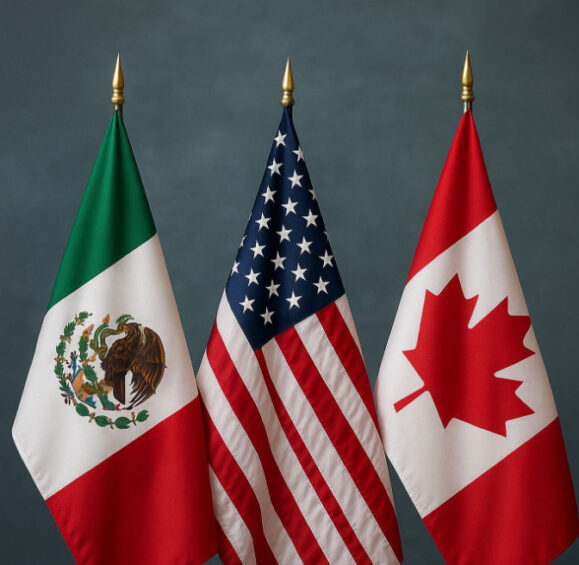On September 17, 2025, Mexico’s Ministry of Economy published in the Official Gazette a call for public comments on the functioning of the United States–Mexico–Canada Agreement (USMCA). This consultation process will run until November 16, 2025 and aims to gather input from industries, chambers, companies, and stakeholders ahead of the joint review scheduled for July 2026, as mandated by Article 34.7 of the Treaty.
This initiative offers a strategic opportunity for Canadian companies operating in Mexico. It is not only about trade facilitation—it is about ensuring that compliance, governance, and transparency frameworks across borders are aligned and effective.
Why This Consultation Matters for Canadian Companies in Mexico
While the USMCA has provided a stronger foundation for North American trade since its entry into force in July 2020, there remain critical compliance and governance challenges:
-
Regulatory Asymmetries: Mexico’s corporate and tax reforms (e.g., LGSM corporate law amendments of October 2023; CFF 32-B obligations on ultimate beneficial owners) often impose requirements that do not fully align with Canadian frameworks (CBCA, Bill C-42). This leads to duplication of filings and potential compliance risks.
-
Transparency and Beneficial Ownership: Divergent definitions of “beneficial owner” across Mexico and Canada complicate AML/CTF compliance and increase the risk of cross-jurisdictional sanctions.
-
Trade Compliance and Rules of Origin: Subsidiaries face practical difficulties in meeting documentation and verification standards, which can differ from Canadian expectations on supply chain traceability.
-
Dispute Resolution: While the Treaty provides dispute mechanisms, mid-sized enterprises often find them inaccessible due to cost and complexity.
-
ESG and Reporting: Growing pressure to demonstrate ESG performance requires consistent sustainability reporting frameworks across jurisdictions.
Key Recommendations from a Compliance and Governance Perspective
-
Regulatory Harmonization: Promote alignment of corporate and tax compliance obligations between Canada and Mexico to reduce duplication and cost.
-
Beneficial Ownership Convergence: Develop a unified cross-border approach to transparency registries, aligned with AML/CTF objectives.
-
Simplified Trade Protocols: Establish binational verification standards for rules of origin and customs documentation.
-
Preventive Cooperation Mechanisms: Create agile consultation and best-practice committees to resolve issues before they escalate into disputes.
-
ESG Alignment: Incorporate sustainability reporting guidelines (GRI, SASB, ISSB) into the Treaty’s compliance framework.
The Strategic Opportunity
The 2026 USMCA review will not only be about tariffs and trade flows. For Canadian companies with operations in Mexico, it is about building a predictable compliance environment, reducing exposure to sanctions, and reinforcing investor confidence through stronger governance and transparency standards.
By participating in Mexico’s consultation process, businesses and advisors can shape the regulatory agenda, ensuring that the Treaty evolves in a way that supports both competitiveness and integrity in cross-border business.
This consultation in Mexico is part of a broader trilateral process. The United States (via USTR) and Canada have also opened their own consultation periods, all leading to the July 2026 joint review under Article 34.7 of the USMCA. This review will not only determine whether the Treaty continues for another 16 years but also whether key modifications are introduced. While U.S. discussions may focus on tariffs and trade barriers, Canadian companies with operations in Mexico must also anticipate regulatory, compliance, and governance implications.
How to Participate
The consultation period runs for 60 calendar days starting from the publication in the Official Gazette on September 17, 2025 and ending on November 16, 2025.
✉️ By email: consultas.tmec@economia.gob.mx
🌐 Online submission: Official Portal – USMCA Consultation
This is the moment for Canadian boards, executives, and compliance officers with operations in Mexico to make their voices heard. Submitting well-founded recommendations will help influence a Treaty framework that is not only commercially beneficial but also legally robust, transparent, and sustainable.
Closing Thoughts
As trusted advisors in cross-border compliance, we see this consultation as a strategic moment for boards and executives to engage. The 2026 USMCA review will define not only trade flows but also the standards of corporate governance and transparency that will shape the future of Canadian investment in Mexico. Engaging now is essential.






